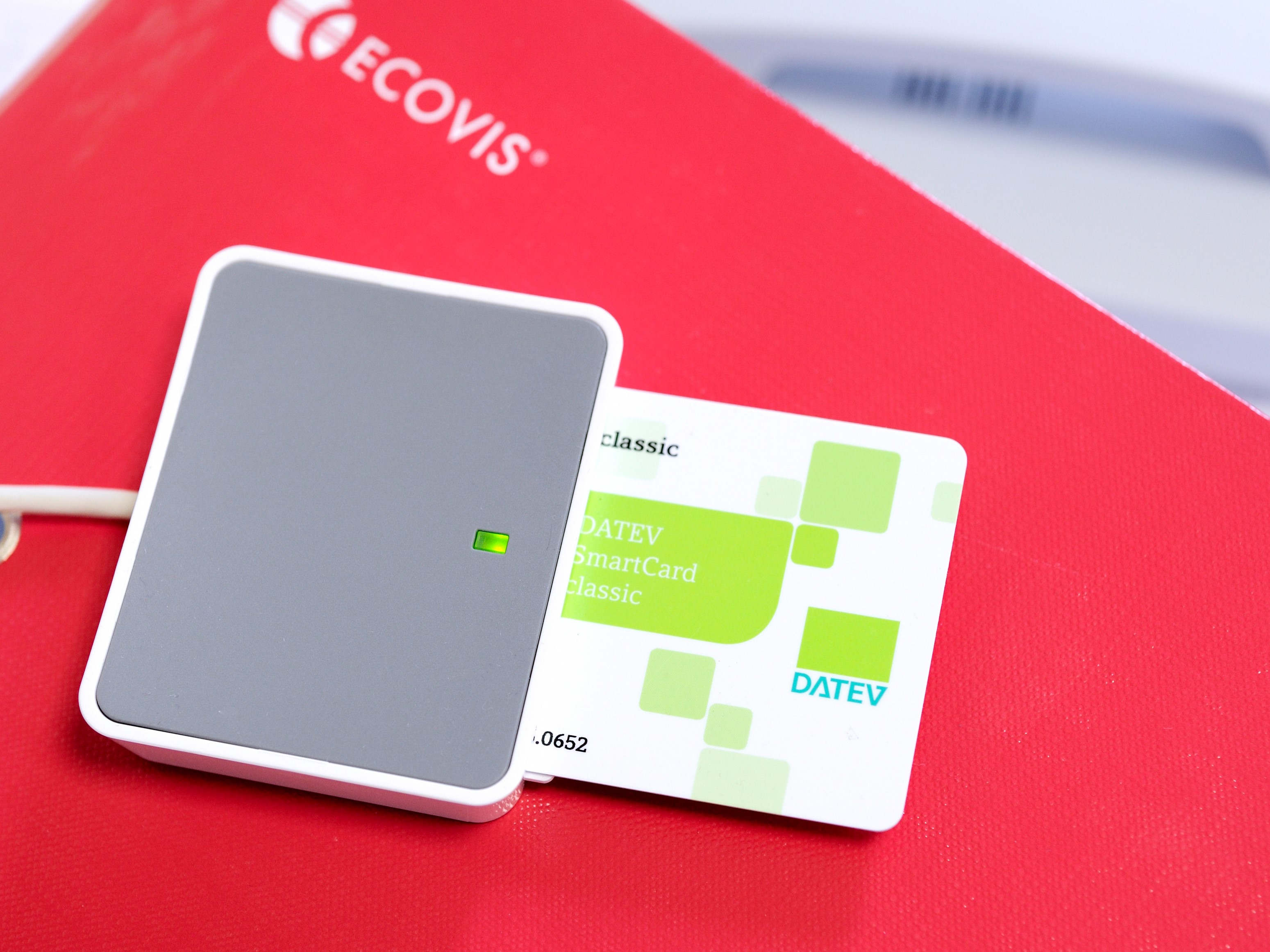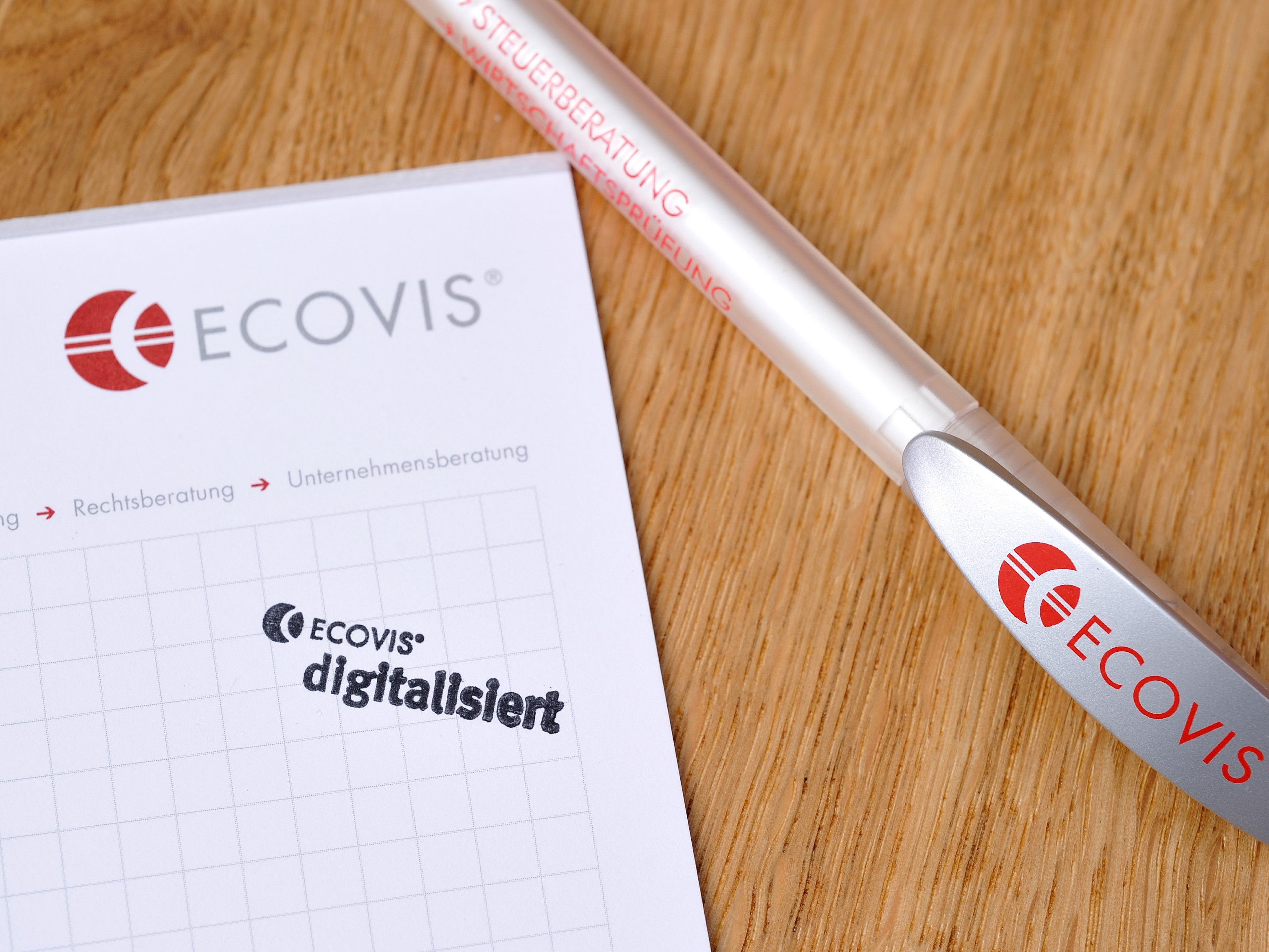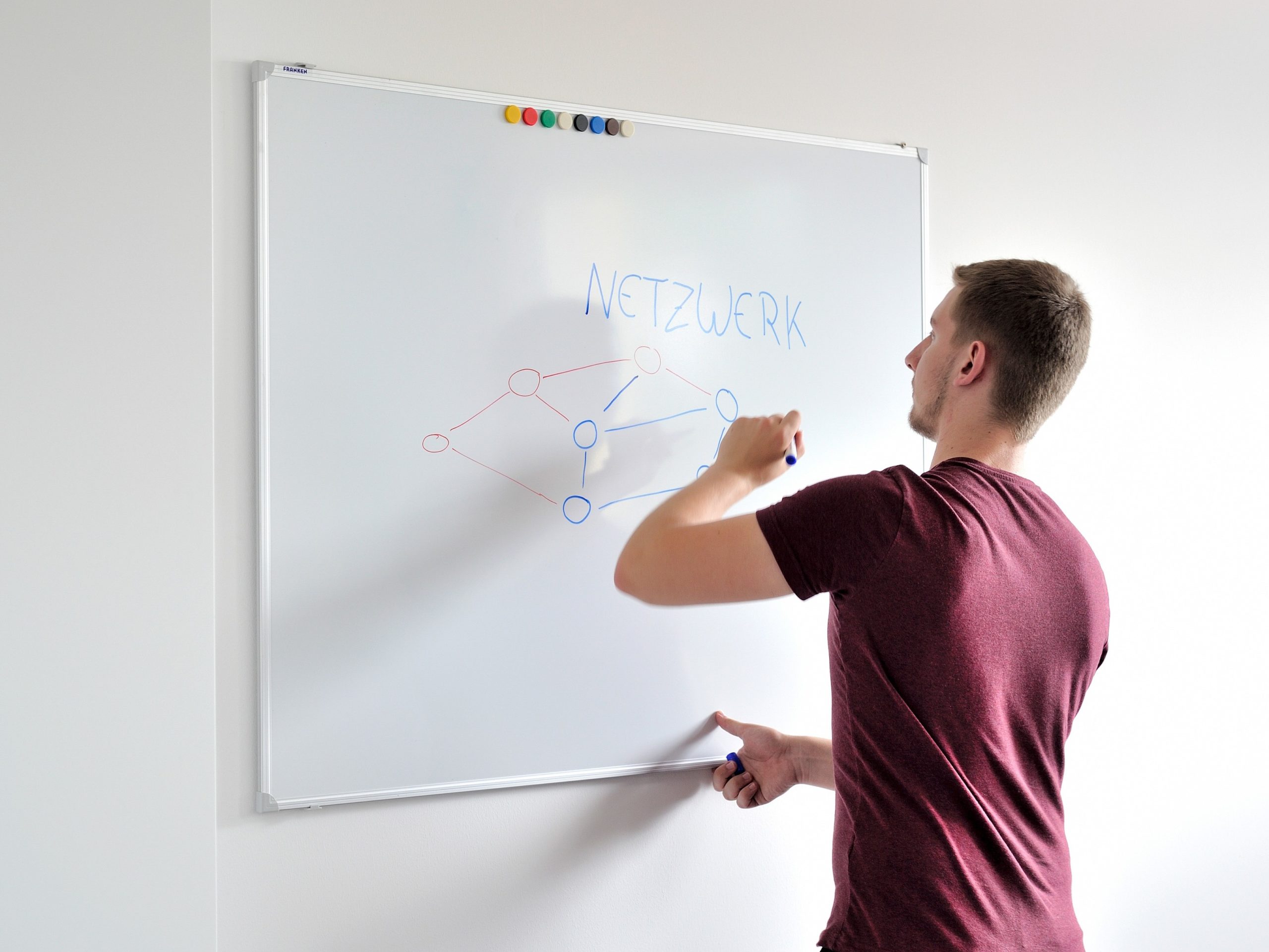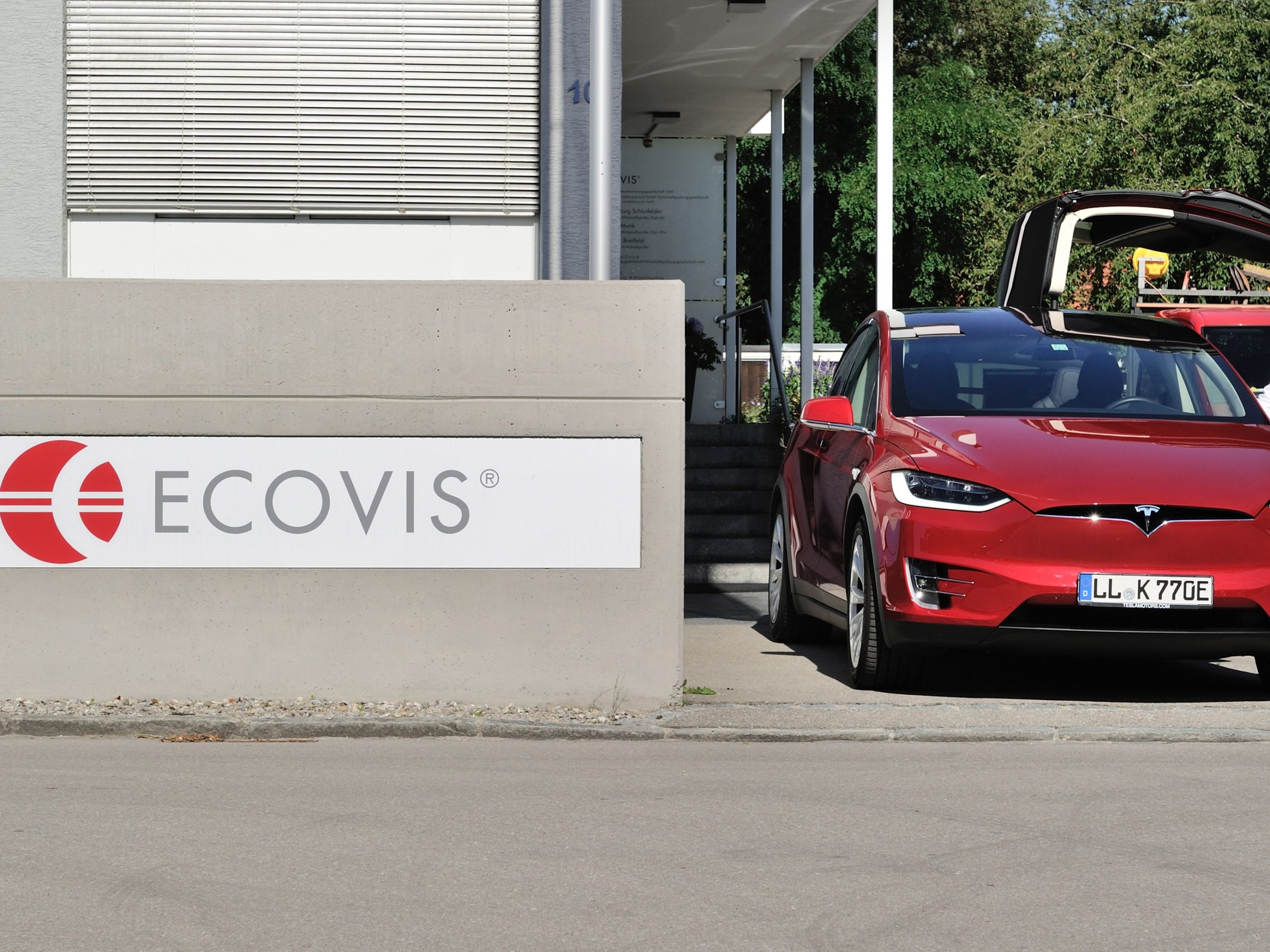Responsibility for robot - degree of robot autonomy in Czech Republic
The behaviour of the robot is determined by the set of algorithms, that forms its artificial intelligence. To determine who shall be held liable for robot’s behaviour in Czech Republic, it will much likely depend on how autonomous the robot is. Nowadays, we can find two approaches to liability for robots proposed by the European Parliament's Committee on Legal Affairs, in a legislative initiative procedure of the Committee on the Civil Law Rules on robotics, 2015. The first concept views a robot, no matter how autonomous, just as a thing created by humans, and there is possibility to create a direct link between a behaviour of the robot as such and a behaviour the robot "learned" from its owner and/or its user. In this case, the robot owner would play the role of a teacher, and he would be therefore held liable in cases, where the damage was caused by certain behaviour he taught the robot himself. In cases where the damage was caused by behaviour of the robot already programmed by the manufacturer or programmer, the owner should have a chance to liberate himself of his liability, while proving the robot was defective product.
This concept can be applied in the Czech law without many complications, particularly by the provision of Section 2937 of the Civil Code, as part of the liability for damage caused by a thing. In such cases, the person who should have had supervision over the thing shall pay compensation for the damage; if such a person cannot be otherwise determined, the owner of the thing is conclusively presumed to be such a person. But, in the context of robots so autonomous they can be considered almost as individuals (the so-called robots capable of autonomous thinking), we can imagine it is possible to consider an interpretation of Section 2920 of the Civil Code, which deals with liability for damage caused by a person unable to assess the consequences of his acts. This provision aims mostly at minors, who are still under supervision of their legal representatives. However, if we are to consider utterly autonomous robots in the future, how does an autonomous robot learning from its owner differ from the concept of a minor?
The second concept expects an “electronic person” to be created, i.e. a new entity of rights next to natural and legal person, that would be responsible for its own actions. This concept raises many questions not only in legal aspects of such principle, but also in ethical terms, and incorporation of this principle in the near future seems very unlikely. The concept of an autonomous robot, that is s subject of rights itself is, in fact, unacceptable for present-day society.
For more information please contact us:
ECOVIS ježek, advokátní kancelář s.r.o.
Betlémské nám. 6
110 00 Prague 1
e-mail: mojmir.jezek@ecovislegal.cz
www.ecovislegal.cz/en
About ECOVIS ježek advokátní kancelář s.r.o.
The Czech law office in Prague ECOVIS ježek practices mainly in the area of Czech commercial law, Czech real estate law, representation at Czech courts, administrative bodies and arbitration courts, as well as Czech finance and banking law, and provides full-fledged advice in all areas, making it a suitable alternative for clients of international law offices. The international dimension of the Czech legal services provided is ensured through past experience and through co-operation with leading legal offices in most European countries, the US, and other jurisdictions. The Czech lawyers of the ECOVIS ježek team have many years of experience from leading international law offices and tax companies, in providing legal advice to multinational corporations, large Czech companies, but also to medium-sized companies and individual clients. For more information, go to www.ecovislegal.cz/en.
The information contained on this website is a legal advertisement. Do not consider anything on this website as legal advice and nothing on this website is an advocate-client relationship. Before discussing anything about what you read on these pages, arrange a legal consultation with us. Past results are not a guarantee of future results, and previous results do not indicate or predict future results. Each case is different and must be judged according to its own circumstances.













